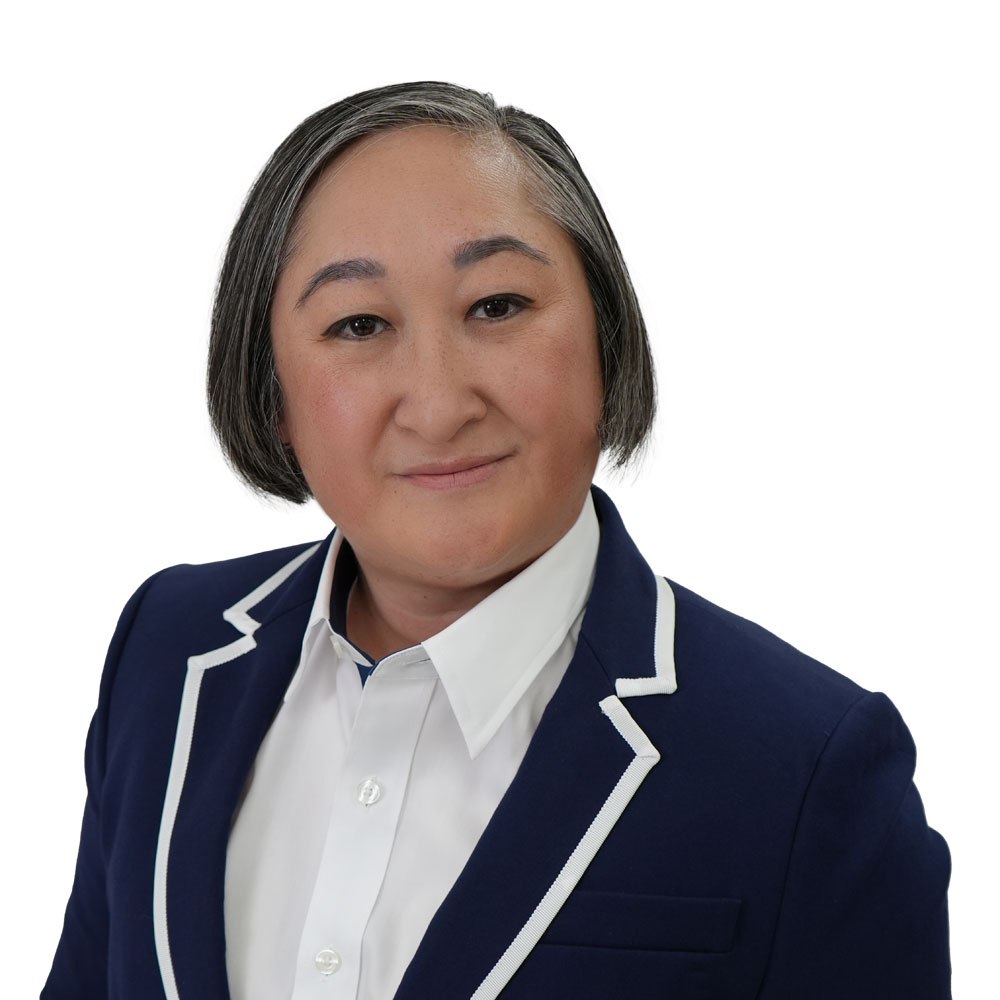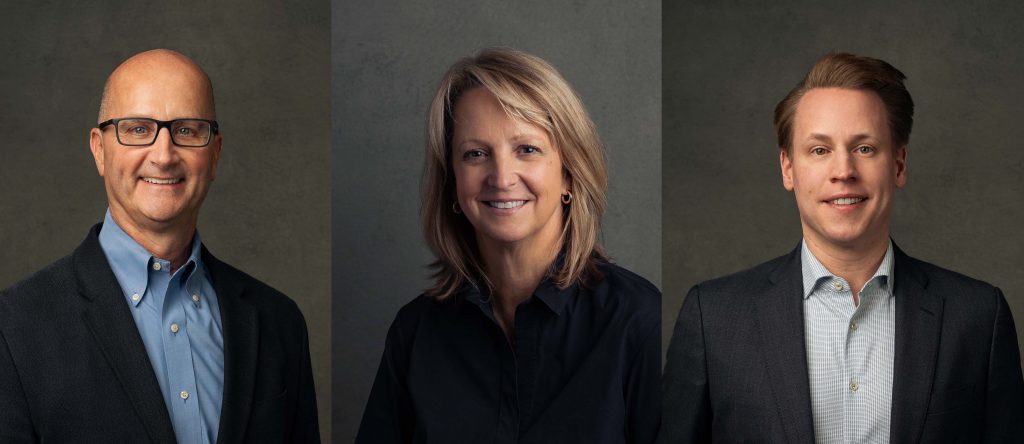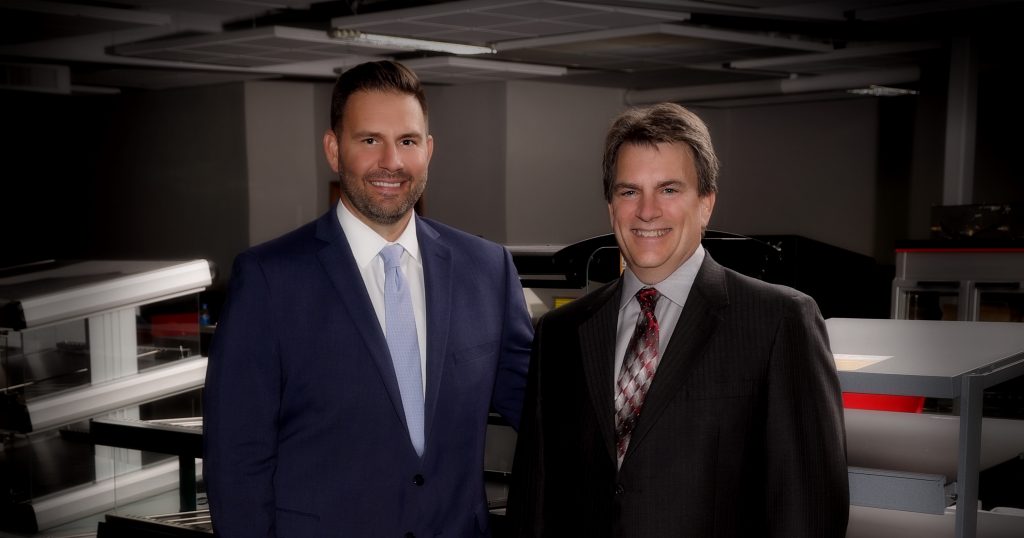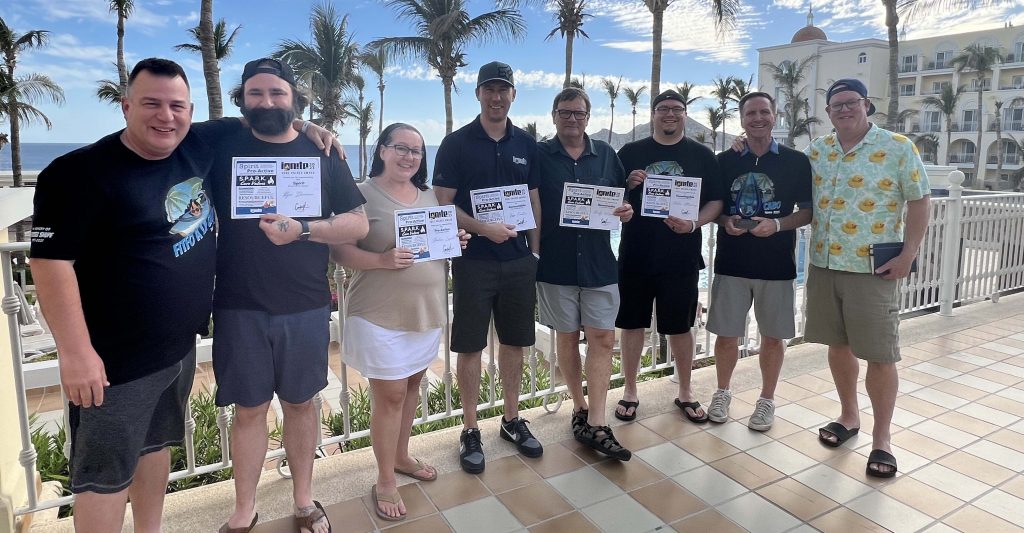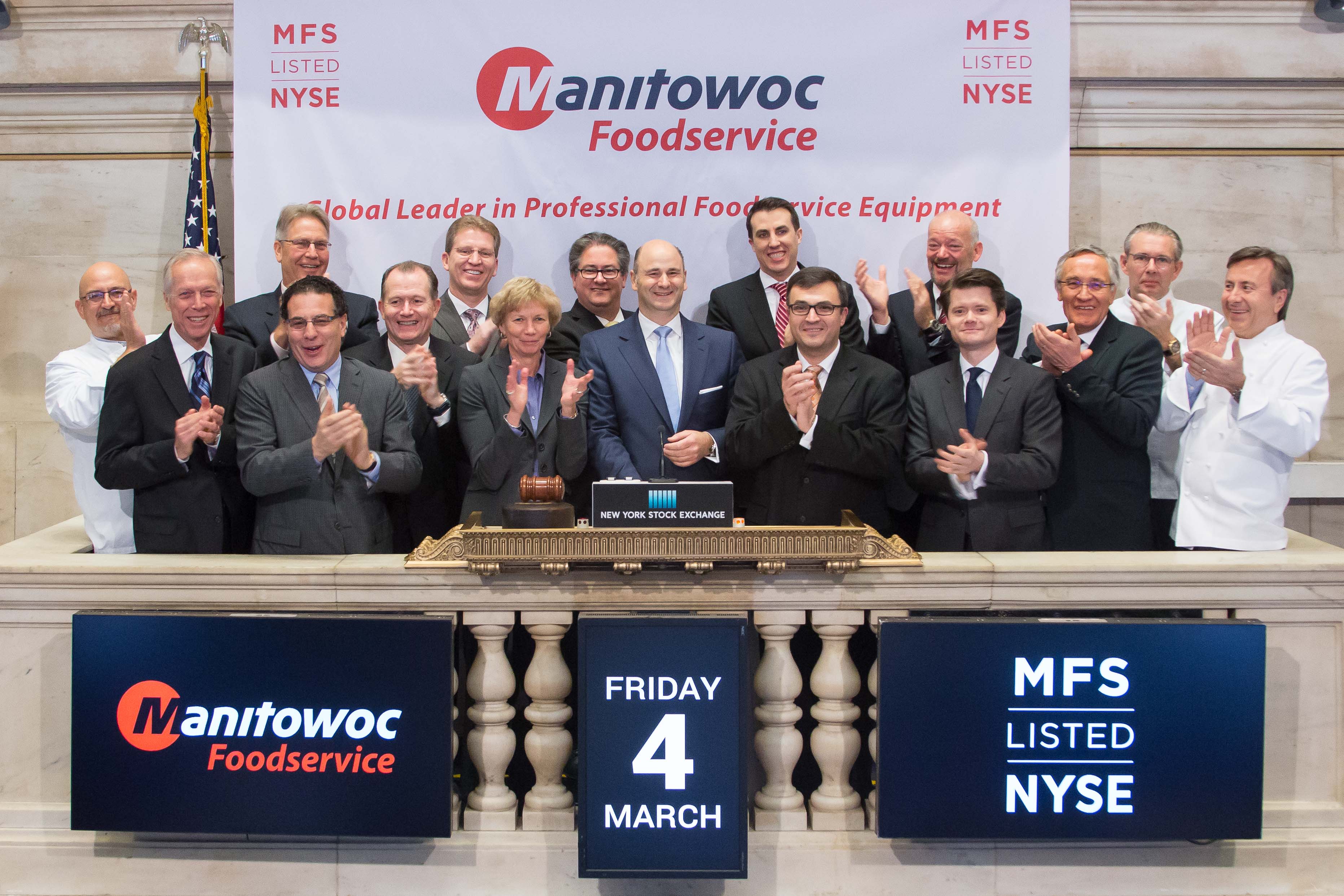
Manitowoc Foodservice, Inc began trading as a standalone, publicly traded company following its spinoff from The Manitowoc Company, Inc. on Friday. Manitowoc’s board of directors formally approved the separation of the foodservice segment business through a pro rata distribution of all the shares of the common stock of Manitowoc Foodservice to Manitowoc shareholders in February 2016.
Headquartered in Tampa, Florida, and operating 20 facilities throughout the Americas, Europe and Asia, the company sells through a global network of over 3,000 distributors and dealers in over 100 countries. The company has more than 5,000 employees and generated sales of $1.5 billion in 2015.
Hubertus M.Muehlhaeuser, most recently the senior vice president and general manager for EAME at AGCO Corporation, joined Manitowoc in July 2015. He was at Hotelymia 2016 in London, UK, days before the NYSE trading, to discuss the opportunities the move will afford the company.
Can you describe the build-up to the trading on NYSE on Friday?
Last week we were on the road. The process had two sides to it. Since it’s a ‘spin’ process the debt side is more important than the equity side. So both businesses, the crane business and the foodservice business had to refinance the corporate debt and both. So we’ve both been on the road.
What are the markets looking like?
The financial markets right now are anything but good. They’re horrible, actually It’s very difficult to get any financing right now. Despite those markets we have been very, very successful because I think investors have been able to see the value of the business and the strength of the technologies in the brands. They saw that we can, not only grow profitability by simplifying and right-sizing the business, but they also saw a lot of good ideas for us to grow the topline of the business.
So what does this mean for the business?
It marks our independence and it means 100% focus on foodservice only. So, the majority of every dollar that is earned is going to be reinvested into the business. That’s really important as it means no distractions with our cranes brothers and sisters. It means we can drive the business the way we feel is right. So, therefore we are excited.
What does that mean for R&D investment?
If you look at Manitowoc, we manage ourselves in a very integrated way. We have an integrated R&D backbone. All the money spent on innovation is better spent than our competitors because we have a global pipeline of R&D projects and we don’t duplicate efforts on the innovation side. But, now being an independent company, and with the growth that we are projecting, we want to invest even more into innovation. We will have close to 30 new product introductions alone in 2016 now.
How does that separate you from the competition?
What really sets us apart in our industry is our complete offering around the fitKitchen food-inspired technology concept and KitchenConnect concept. These are going to be game-changers in our industry because they really allow us to bring together the entire team of technologies that we have in one concept.
How will trading publically help you to stay ahead?
It’s going to be a lot easier for us to attract very good people to Manitowoc because we have a very clear growth message. We want to become, again, the leader in our industry that Enodis once was when we bought [them]. I think by sending a pure and clear message out as an independent company that will help it. Secondly, it will allow us to access the capital markets, which will allow us in turn to have good financing for future growth. And here, I’m not talking about innovation, I’m talking about intelligent M&A, smaller bolt-ons, because we feel there is also an opportunity for us to partner with smaller companies and to take a stake in them and, needless to say, longer term, there is also the opportunity for larger industry consolidation. Obviously, we would like to be the consolidator, not the consolidatee! As a separate, publically traded company, we’re going to have those means.
So it’s a strategy of combining organic growth with some M&A activity?
Yes. In the first months, the first year, it’s going to be organic growth. As of 2017, it’s going to also be growth through acquisitions, but only where it makes sense and only where it complements nicely with what we have already. I don’t see acquisitions in North America, as we are the most ‘complete’ there, but I can envision that we can do some intelligent M&A in Europe and Asia.
Are there particular territories that appeal to you?
India has ample opportunities and definitely we would like to strengthen our presence there. In China, we feel we are very well represented already and we want to grow with the market. In Thailand we are the clear number one, with the acquisition of Welbilt. If you look at the broader region of Asia there are some interesting countries and companies, so we won’t be short of ideas.
Is Western Europe still quite saturated?
Western Europe is mainly a replacement market, however, with the new product ideas and with our ideas around fitKitchen and what that can mean for high output kitchens in a tiny space, when you think of convenience stores or gas stations, we have ample opportunity to grow in new segments. We can bring kitchens to where they haven’t been before. You can get an entire kitchen in a very small footprint. What’s also going to drive sales is the KitchenConnect strategy. It’s been far too long that we’ve not given priority to wireless technologies in the kitchen. Everything is wireless in front of the counter, but not in the kitchen. Everyone talks about Industry 4.0 or The Internet or Things and you think about what this could do to the kitchen… We are quite fascinated about what this could do to our sales but also to changes in how the kitchen is managed and the efficiencies that can be gained within the kitchen.
What other factors for growth are out there?
A major growth driver for us is to finally give Convotherm 4 the right place in the market. I think it’s kind of strange that we have a product that beats competition in nearly all aspects but the market shares are not yet where they should be. So we will become more aggressive, and hopefully more successful, in giving it the right place in the market. It’s already today the number one choice for Michelin-starred chefs and we’re not taking full advantage of that fact and those testimonials. Rather than having thousands of chefs selling our products, I’d much rather have a couple of really public figures that speak very positively about the product and give their testimonials. That was also very strong on Wall Street last week when we had our equity road-show. We were showing our equipment to hundreds of investors in New York and we had Daniel Boulud there who just grabbed a microphone and was talking for five minutes very positively about Manitowoc and Convotherm as a product and solution in his kitchen. You can’t get better than that. He doesn’t do that because we pay him, he does that because he believes in it. That’s a very strong message.
Michael Jones
Picture caption: Manitowoc Foodservice CEO Hubertus M. Muehlhaeuser (centre) rings the opening bell of the New York Stock Exchange on Friday 4 March 2016, accompanied by chef Daniel Boulud (far right).

